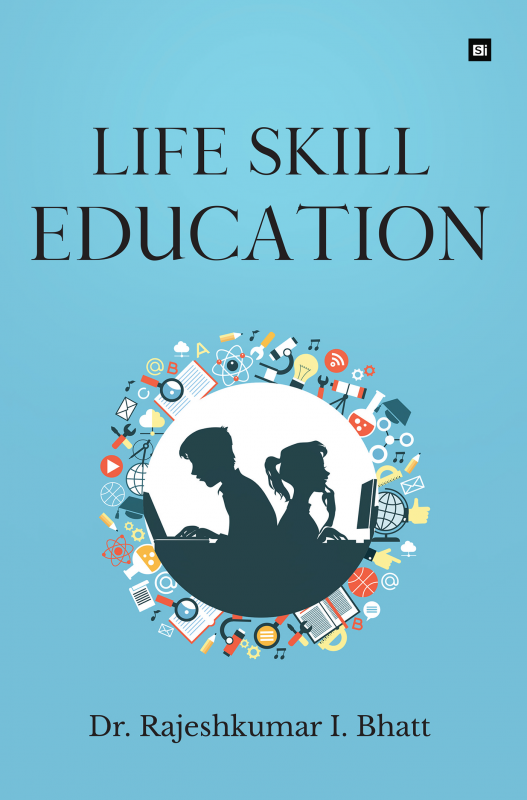Life skills development is a crucial aspect of education that goes beyond traditional academic subjects. While math, science, and language arts are essential for academic success, life skills play a significant role in preparing students for the challenges they will face in their personal and professional lives. Alternative schools often prioritize teaching life skills alongside academics to ensure that students have the tools they need to thrive in all areas of their lives.
In this panel discussion, we will explore the importance of life skills development in alternative schooling and how it can benefit students both inside and outside the classroom. Our panelists include educators, counselors, and industry professionals who have experience working with alternative education programs.
**Panelist 1: The Educator**
Educators play a vital role in teaching life skills to students. In alternative schools, where the focus is not solely on traditional academics, teachers have more flexibility to incorporate practical lessons into their curriculum. These lessons can cover a wide range of topics, including financial literacy, time management, communication skills, conflict resolution, and critical thinking.
One important aspect of teaching life skills is providing real-world examples and scenarios for students to learn from. For example, educators can create simulations or role-playing activities that mimic situations students may encounter in their daily lives. This hands-on approach helps students apply what they have learned in a meaningful way and reinforces the importance of these skills.
Additionally, educators can collaborate with other professionals such as counselors or career advisors to provide comprehensive support for students’ holistic development. By working together as a team, educators can address individual student needs more effectively and tailor their approach to meet diverse learning styles.
**Panelist 2: The Counselor**
Counselors play a crucial role in supporting students’ social-emotional growth and well-being. In alternative schools where many students may come from diverse backgrounds or face unique challenges, counselors provide invaluable guidance and resources to help them navigate through difficult situations.
One key aspect of counseling in alternative education settings is helping students develop self-awareness and emotional intelligence. By understanding their own thoughts and feelings better, students can learn how to manage stress effectively, communicate assertively with others, and build healthy relationships.
Counselors also work closely with teachers to identify any barriers that may be hindering student success academically or personally. By addressing these issues early on through targeted interventions or support services, counselors help create a supportive environment where all students can thrive.
Moreover,counselors often lead workshops or group sessions on topics such as mindfulness meditation,stress management,and coping strategies.These sessions provide valuable tools for self-care that enhance overall well-being among both staff membersandstudents alike.They also cultivatea cultureof empathyandcompassion withinthe school communitythatfosterspositive interpersonalrelationshipsandencouragesmutualsupportamongpeers.This nurturingenvironmentis conduciveforpersonalgrowthandsocialdevelopmentwhicharekeyelementsofsuccessinalternativeschoolingsettings.
**Panelist 3: The Industry Professional**
Industry professionals bring real-world experience into the classroom by sharing insights about what employers look for inskillsandin-demandjobmarkets.This collaborationbetweeneducationandexperiencedprofessionalscanprovidestudentstheopportunitytoexploredifferentcareeroptions,gainpracticalskills,andunderstandtheneedsandexpectationsoftheworkforce.Bybridgingthe gapbetweentheoryandrealityindustryprofessionalscanhelpstudentstransfertheirlearningsintomeaningfulcareerpathswitheclecticpotentialforprofessionalgrowthandeconomicprosperity.
In conclusion,lifeskillsdevelopmentisanintegralcomponentofalternativeschoolingenablingstudentstoprepareforthefuturebeyondacademics.Itempowersstudentstoengageeffectivelyinpersonal,social,andprofessionalsettingsbyequippingthemwithessentialtoolsforempowerment,self-expression,resilience,andsuccess.Throughcollaborativeeffortsfromeducators,counselors,andindustryprofessionalsstudentscanacquireskillsetsformeaningfulcontributionsandsustainablesuccessinadynamicandsophisticatedworldscape.

Leave a comment